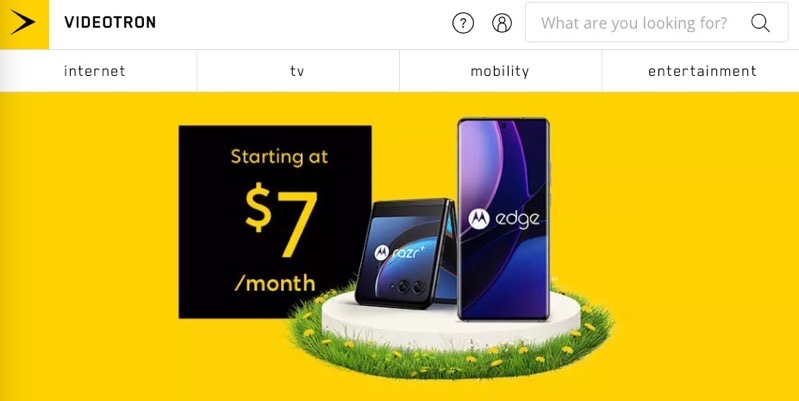
Telus Using Artificial Intelligence to Lower Energy Costs at Data Centres

Telus last week announced the launch of its new artificial intelligence (AI)-powered Energy Optimization System (EOS), to help save energy costs.
This algorithm was developed in partnership with the Vector Institute to minimize electricity use in commercial buildings, especially data centres, across Canada for a reduction in environmental impact and operational costs.
Telus’ EOS uses model-based reinforcement learning (MBRL) to fine-tune the heating, ventilation, and air conditioning (HVAC) systems across locations, making for energy-efficient temperature control.
Every year, 40% of energy consumption at Telus network locations goes toward cooling telecommunications equipment. According to the results from Telus’ pilot test at a small data centre, the AI-powered EOS reduces annual electricity consumption by almost 12%.
“We wanted to find the most efficient opportunity for temperature control in data centres, one that considered both the environmental and economic costs, while also providing the best service for our customers,” said Jaime Tatis, Vice-president of Data Strategy and Enablement at Telus, in an issued statement.
“Using MBRL to develop an AI agent that chose specific actions based on rewards, we were able to allow for quick learning by machines to create new effective and efficient policies for controlling HVAC systems.”
The algorithm even considers local weather forecasts to decide when to turn up the cooling or heating to maintain a consistent temperature and better regulate temperatures during shoulder seasons at any given facility.
What’s more, Telus and Vector will open-source this new algorithm as a contribution to the energy conservation community, furthering both companies’ commitments to leverage AI to create better outcomes for Canadians and the environment.
“After three years of working on EOS with a focus on using AI for good, this partnership recognized the value of open sourcing the MBRL algorithm for cost reduction and to create efficiencies for other industries and organizations,” said Deval Pandya, Director of AI Engineering at Vector.
“This is a brilliant example of how, together, our expertise in research and engineering can create value and make it easier to deploy leading AI research outcomes. Now we want to amplify the project’s value by open sourcing it for others to adopt.”
Telus in February shared its goal to use 100% renewable energy by 2025, noting that the telecom giant plans to become 100% carbon neutral for its operations by 2030 and procure 100% of its electricity requirements from renewable or low-emitting sources by 2025.

